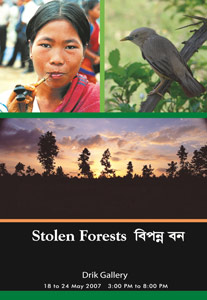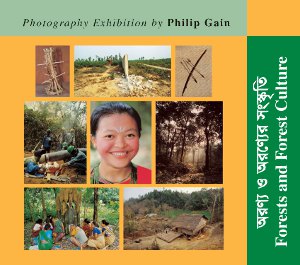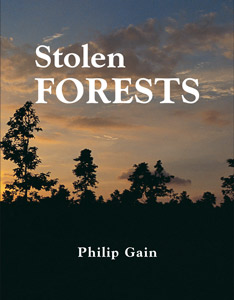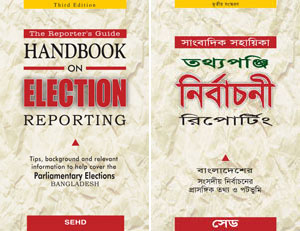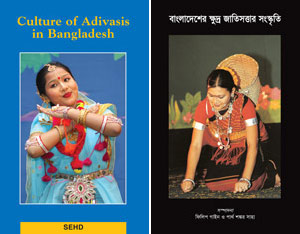
Culture of Adivasis in Bangladesh
The cultural movement of the Adivasis of Bangladesh, their languages, politics and their influence on the majority.
2008, English, 149 pages, Paperback | Tk.300 / US$10 | 2007, Bangla (Bangladesher Khudra Jatishattar Sangskriti), 158 pages, Paperback | Tk.200 / US$10
“This book may be called a window of Adivasi culture through which we can see different faces of cultures of Adivasis and proudly say, cultural diversity is our pride.” The editors of the book Culture of ethnic communities of Bangladesh (Bangladesher Khudra Jatishattar Sangskriti) say this in the prelude of the book. Bangladesh really can take pride in its diverse and colorful culture. Different ethnic communities who live in different parts of the country make Bangladesh’s culture more colorful and lively; this is what the book has to say to its readers.
This book compiles diverse thoughts, analyses and facts that have emerged from SEHD’s work on culture with the ethnic communities. It contains ten write-ups of different authors that deal with the cultural world of the Adivasis; languages of the Adivasis and how they contribute to nurture, enhance and enrich Bangla, the language of the majority; the political and cultural movement of Adivasis; and a glimpse into Adivasi cultural riches of select communities.
A good number of images used with different sections, not only enrich the book, each image portrays the cultural riches of a different ethnic community.
Culture of ethnic communities of Bangladesh (Bangladesher Khudra Jatishattar Sangskriti) is the outcome of years of hard work. It is indeed, a gift to the readers.
Publication Details
Published: 2007
Language: Bangla
Paperback: 158 pages
Editor: Philip Gain and Partha Shankar Saha
Price: Tk.200 / US$10
Published: 2008
Language: English
Paperback: 149 pages
Editor: Philip Gain
Price: Tk.300 / US$10

